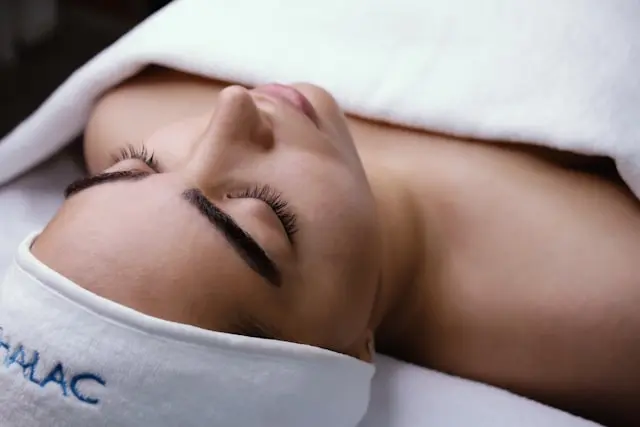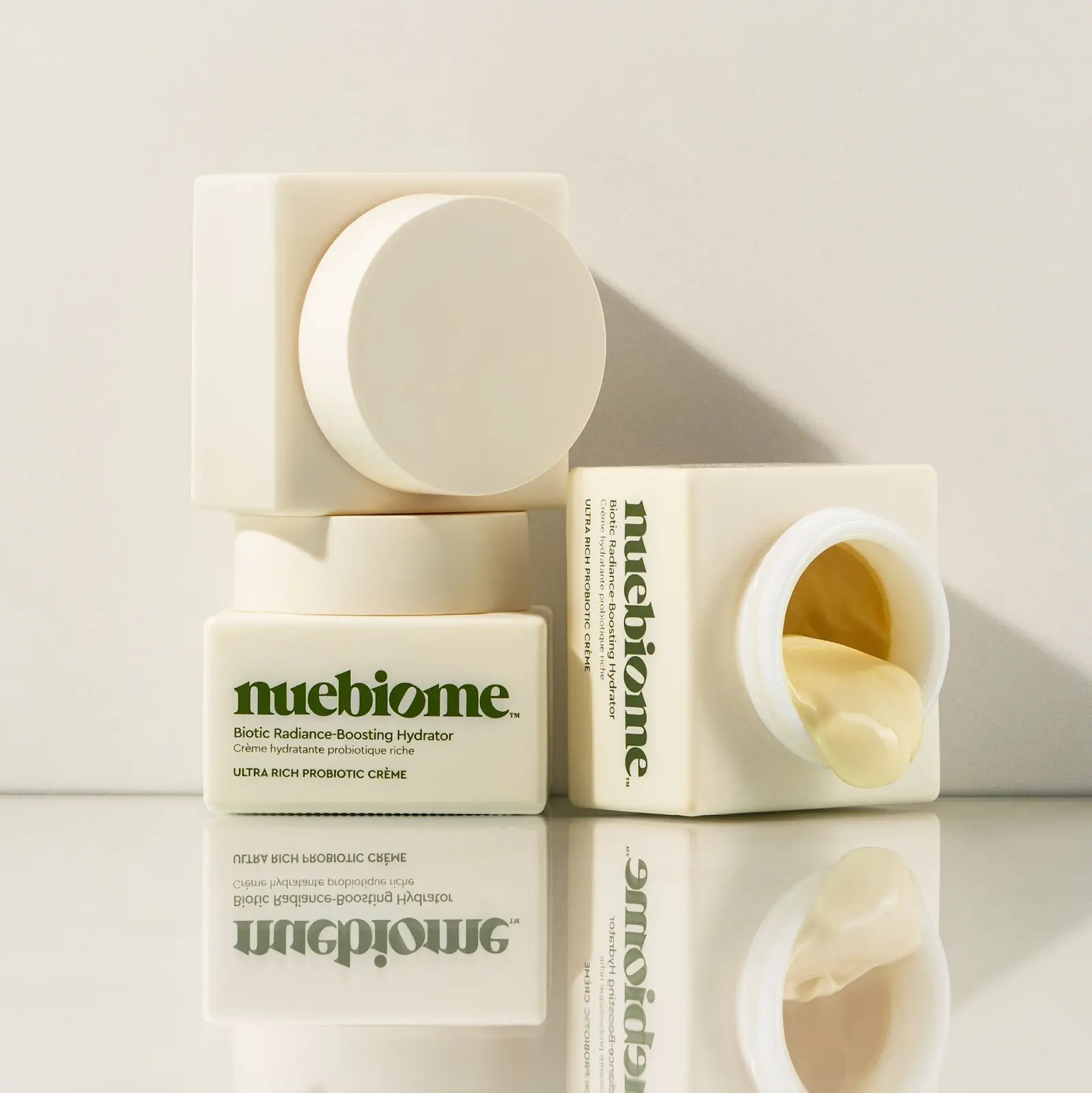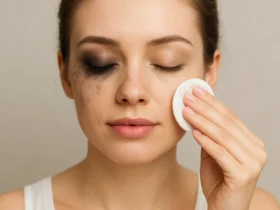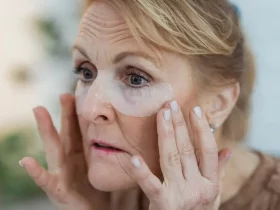We’re in the golden age of skincare—where innovation meets intention, and science merges with sustainability. One of the most exciting breakthroughs redefining skin health today? Skin probiotics.
Much like gut health has been transformed by probiotic awareness, the skincare industry is now recognizing the essential role of the skin microbiome—and how probiotics can help protect, restore, and elevate it.
But what are skin probiotics, exactly? Why are they taking center stage in modern formulations? And how can you choose the right product to truly benefit your skin?
Let’s explore this microbiome-first approach that’s reshaping what it means to nourish your skin from the outside in.
What Are Skin Probiotics?
At their core, skin probiotics are beneficial microorganisms—or live bacteria—used in topical skincare to help balance the skin’s natural microbiome.
The microbiome is a delicate ecosystem of bacteria, fungi, and other microbes that live on your skin’s surface. When balanced, it plays a vital role in:
- Defending against harmful pathogens
- Regulating inflammation
- Maintaining skin hydration
- Supporting the skin’s barrier function
When that balance is disturbed (think over-exfoliating, harsh products, pollution, stress, or diet), your skin can react with breakouts, sensitivity, dryness, or dullness.
Probiotic-infused skincare aims to restore equilibrium, offering targeted support to help the skin heal and thrive.
Why Skin Probiotics Matter
The skin’s outermost layer is more than just a physical barrier—it’s a living shield. And just like our gut, it requires a healthy, diverse microbiome to function optimally.
Here’s what makes skin probiotics revolutionary:
1. They Help Calm Inflammation
Probiotics promote a balanced microbial environment that can naturally reduce inflammation, helping with conditions like eczema, rosacea, and acne.
2. They Strengthen the Skin Barrier
Healthy bacteria stimulate the production of ceramides and lipids, reinforcing the skin’s defense system and locking in moisture.
3. They Fight Off Harmful Microbes
Probiotics compete with pathogens for space and nutrients, reducing the likelihood of infections or flare-ups.
4. They Support Long-Term Resilience
Consistent use of probiotics in skincare can help your skin adapt to stressors more effectively, promoting a healthy glow and even tone over time.
Skin Probiotics vs. Prebiotics vs. Postbiotics: What’s the Difference?
If you’ve been reading labels and seeing terms like “prebiotics” or “postbiotics,” here’s a simple breakdown:
- Probiotics: Live beneficial bacteria that balance the microbiome.
- Prebiotics: Nutrients that feed and fuel probiotics.
- Postbiotics: The byproducts or metabolites produced by probiotics, which can have anti-inflammatory or antioxidant benefits.
Many high-performance skincare formulas now incorporate all three—sometimes referred to as synbiotics—for maximum microbiome support.
The Science Behind Nuebiome’s Approach
Nuebiome is at the forefront of microbiome-focused skincare. Their philosophy is built on the understanding that a thriving skin microbiome is the key to long-term skin health and beauty.
Rather than simply treating symptoms, Nuebiome formulations address root causes by supporting your skin’s natural harmony. Their use of fermented botanicals, postbiotics, and scientifically validated ingredients sets them apart in the clean beauty space.
Awarded the Cosmopolitan Clean Beauty Award and celebrated in Byrdie, InStyle, Marie Claire, and Refinery29, Nuebiome is more than a brand—it’s a movement toward intentional, biology-respecting skincare.
Visit Nuebiome to explore the future of skincare rooted in microbiome science.
How to Incorporate Skin Probiotics into Your Routine
You don’t need to overhaul your entire regimen to experience the benefits of probiotics. Here’s how to layer them in effectively:
Morning:
- Cleanse gently with a sulfate-free cleanser
- Apply a probiotic serum or essence
- Lock in hydration with a microbiome-safe moisturizer
- Always follow with SPF to protect skin from UV-induced microbiome disruption
Evening:
- Use a mild exfoliant no more than 2–3 times per week
- Layer on a probiotic-rich treatment or overnight serum
- Seal in nutrients with a nourishing night cream
And remember: consistency matters. Microbiome shifts don’t happen overnight—but within 2–4 weeks of use, many users report visible improvements in tone, texture, and sensitivity.
Who Should Use Skin Probiotics?
The short answer? Almost everyone. But they’re especially beneficial for:
- Sensitive skin types prone to redness or irritation
- Acne-prone skin, as probiotics help rebalance oil production and calm breakouts
- Mature skin, since probiotics support collagen and elasticity
- Dry or dehydrated skin, due to improved barrier function
- Those recovering from over-exfoliation or harsh treatments
Choosing a well-formulated product that supports your microbiome is a gentle but powerful way to bring your skin back to life.
What to Look for in a Probiotic Skincare Product
When shopping for skin probiotics, keep these tips in mind:
- Look for lysates or ferments (e.g., bifida ferment lysate, lactobacillus ferment) on the ingredients list.
- Avoid products with alcohol, artificial fragrance, or sulfates—these can negate the benefits of probiotics.
- Choose brands with transparent labeling and clinical testing to support their claims.
- Be cautious of products that promise immediate transformation. Probiotics work best with time and consistency.
If you’re ready to make the switch to microbiome-first skincare, Nuebiome offers a curated collection that respects your skin’s needs at every level—starting with premium-grade skin probiotics.
Final Thoughts: A Probiotic Future for Skincare
In a time when we’re more informed and ingredient-savvy than ever before, the rise of skin probiotics signals a larger shift: away from aggressive treatments and toward balance, respect, and long-term care.
Your skin isn’t a problem to fix—it’s a living, breathing organ to support. And probiotics are a gentle, science-backed way to do just that.
Think beyond the surface. Start with your skin’s foundation—its microbiome.











Hello!! My name is Annabella
I love to eat, travel, and eat some more! I am married to the man of my dreams and have a beautiful little girl whose smiles can brighten anyone’s day!